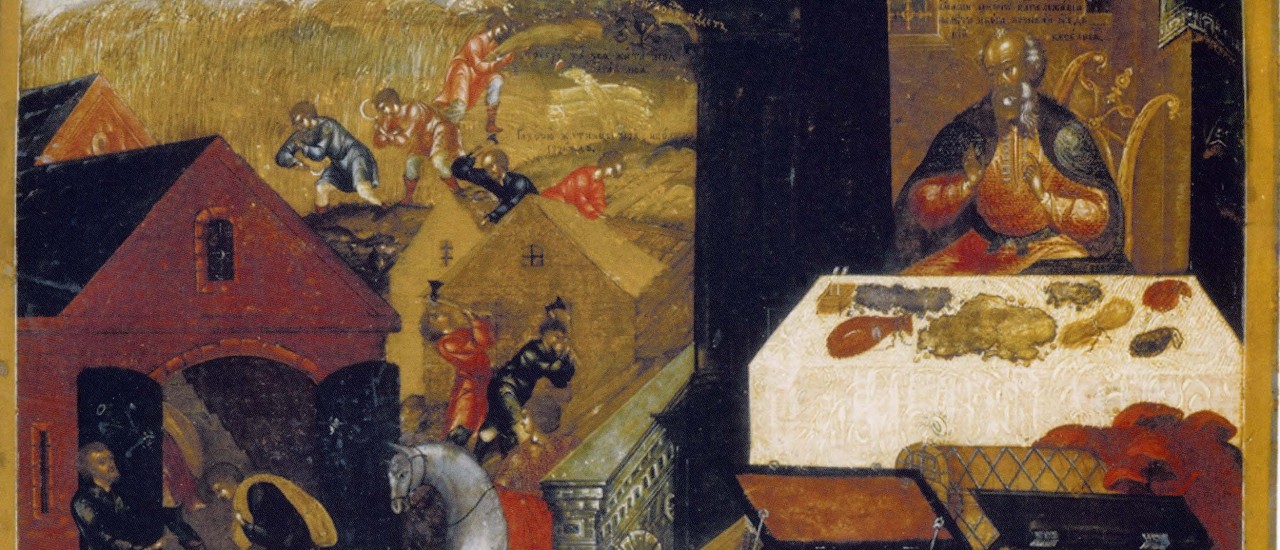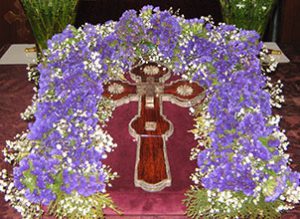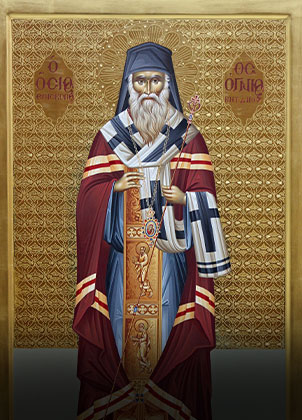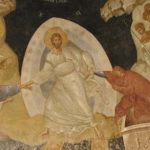Sermon on the parable of the rich fool.
In the name of the Father and of the Son and of the Holy Spirit.
The end of our life is not predetermined inevitably. To a certain extent it depends upon us, upon our own deeds.
An example of this we can see in the parable of the Gospel we heard today.
“The ground of a certain rich man yielded plentifully. And he thought within himself, saying: ‘What shall I do, since I have no room to store my crops?” (Luke 12)
As we can see, something extraordinary have happened. Every year this rich man harvested his crop, made profit from it and apparently his barns were big enough to store these crops. But now his fields yielded so abundantly that even his vast barns were not able to contain all his crops.
It happened through God’s Providence. This rich man never shared his wealth with the needy. Now God sends him such a crop that he is unable to make use of it all, because there is no room in his barns, and some of it will have to perish.
The Lord gave him the last chance to become merciful. This extraordinary crop forced him, so to speak, to share his surplus. The generosity of the earth urged him to become generous. He had been given a chance to save in the heavenly barns, what didn’t fit in his earthly storage. There is no other way to send our possessions to heaven except by sharing them.
However, he didn’t understand God’s message. God’s mercy became for him a cause of trouble: he was perplexed and was tormenting himself with cares: ‘What shall I do, since I have no room to store my crops?’ The thought of sharing with others didn’t cross his mind. His soul was completely void of compassion and love. His only concern was that not a single grain would slip out of his hands.
At last, the solution was found: “So he said, ‘I will do this: I will pull down my barns and build greater, and there I will store all my crops and my goods. And I will say to my soul, “Soul, you have many goods laid up for many years; take your ease; eat, drink, and be merry.”
His passion to acquire more and more made him unable to think of anything except the material. He placed all his hopes in possessions. He didn’t even realize that his soul as a spiritual substance didn’t need material food.
“But God said to him, ‘Fool! This night your soul will be required of you; then whose will those things be which you have provided?”
Since he didn’t make good use of God’s mercy, his life was finally cut off as a barren fig tree.
He is named fool, because he considered his own, what in fact was given him for a short period of his earthly life, and not in his own possession, but as to a manager so that he may wisely distribute the gifts of God.
The Apostle writes to his disciple Timothy: “Instruct those who are rich in this present world not…to trust in uncertain riches but in the living God, Who gives us richly all things to enjoy. Let them …be rich in good works, ready to give, willing to share, storing up for themselves the treasure of a good foundation for the future, so that they may take hold of eternal life.” (1Tim. 6)
The Lord concluded His parable saying: “So is he who lays up treasure for himself, and is not rich toward God.”
The parable of the rich fool teaches us to make use of the short time of this temporal life in order to grow rich in good works, done for the sake of God.
Amen.









